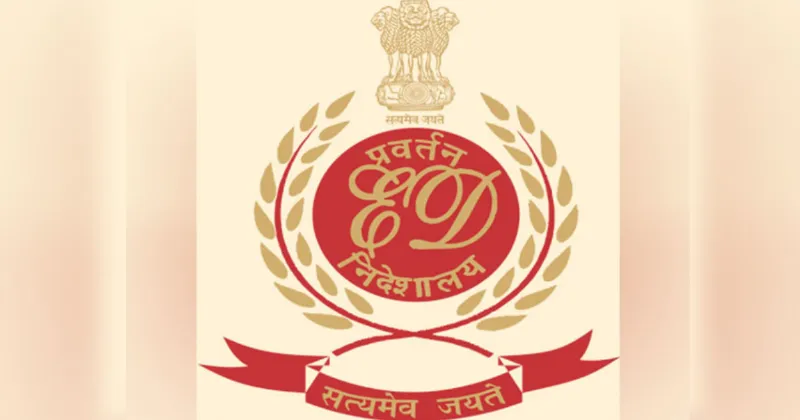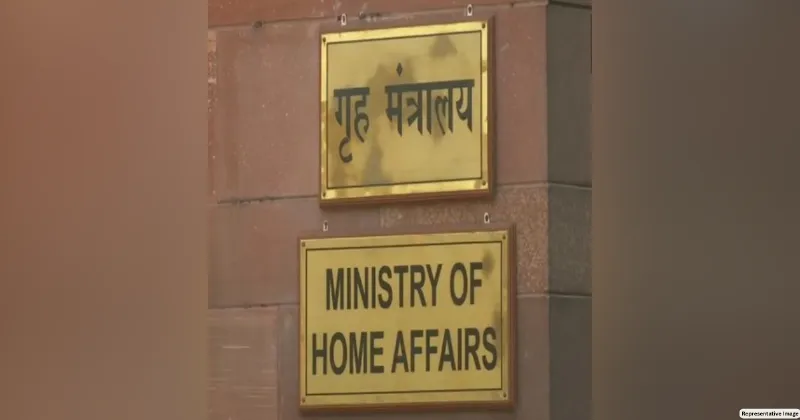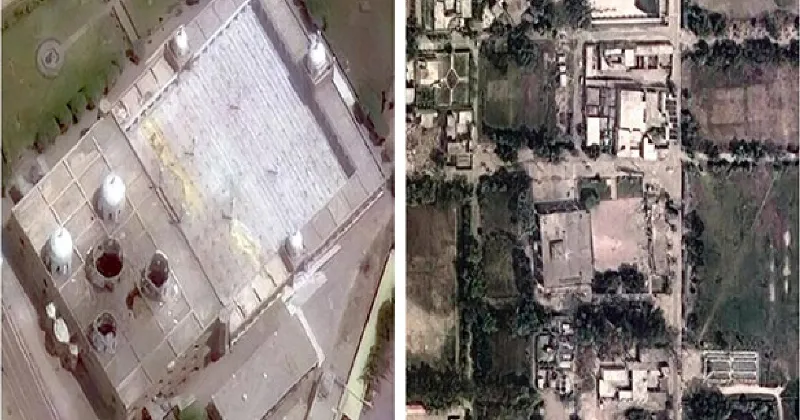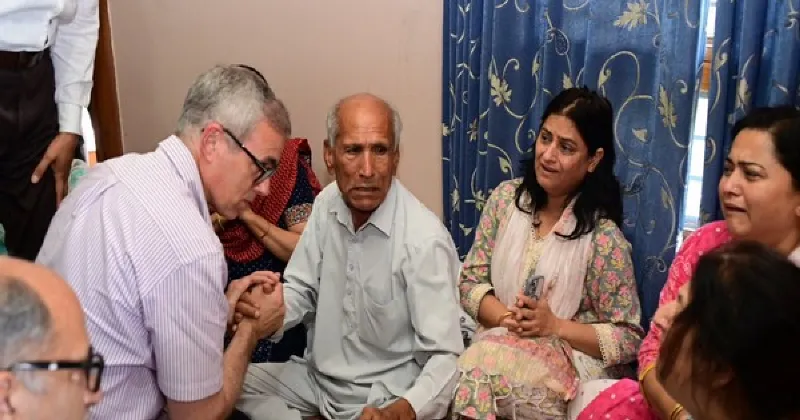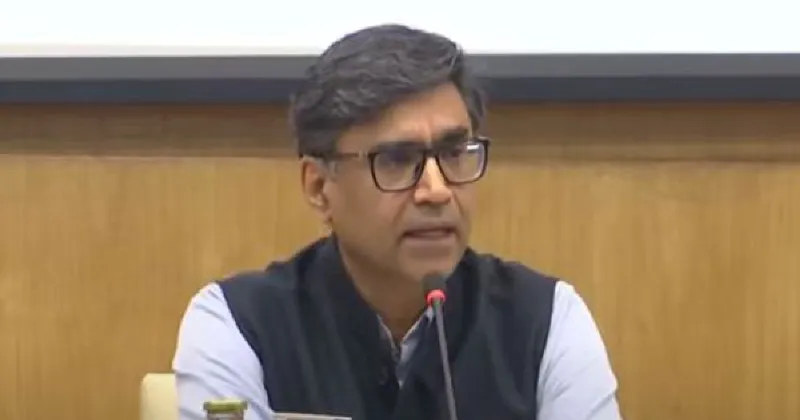New Delhi: Lauding Prime Minister Narendra Modi and highlighting his decision-making skills, Union Home Minister and Minister of Cooperation Amit Shah said on Friday that it is the former's nature to take bold decisions and take them to their conclusion.
Shah was addressing the launch ceremony of the National Cooperative Database here in the National Capital.
"It is PM Modi's character to take bold decisions and take them to their conclusion. He made the decision to create the Ministry of Cooperation.
In the last two years, all Primary Agricultural Credit Societies (PACS) have become computerised, and all States have accepted PACS model bylaws," said Amit Shah.
Underscoring the various activities being performed by the PACs, Shah stated, "We connected PACs with 20 varying activities; now they are earning profits. Today, they are getting railway or airline tickets booked for a poor farmer; they are working as 'Bank MITRA' for the poor, and they are performing various activities. The computerization of PACs paved the way for their development. Modiji has brought unprecedented change to the rural economy and the lives of rural people."
The Union Home Minister also threw light on the Narendra Modi-led government during the past 10 years.
"During the last 10 years, 25 crore people came out of poverty. The economists are now astonished. Around 60 crore people procured basic amenities like gas cylinders, food, houses, medicines, etc," he said.
Shah also asserted that the National Cooperative Database will ensure 'Sahkar se Samriddhi', Digital se Development' and 'Database se Lakshyon ki delivery'.
"This is like a compass, which will provide the right direction for development," he further said.
Collaborating with state governments, National Federations and stakeholders, a National Cooperative database has been developed to foster a cooperative-centric economic model.
Around 1,400 participants including Secretaries and other senior officers of central ministries and departments, additional chief secretaries and principal secretaries of cooperation from States and UTs, Registrar of Cooperative Societies (RCSs), cooperative societies, and cooperative federations and unions across the country attended the event. A technical workshop was also organized in the forenoon session to brief and enlighten the participants about the use and application of the National Cooperative Database (NCD) and its potential to improve the cooperative landscape in India.
The launch of the National Cooperative Database (NCD) is a milestone in the cooperative sector. The growth of cooperatives in rural areas holds the promise of addressing economic, social, and community challenges, empowering individuals, alleviating poverty, and contributing to the overall well-being of rural communities. This initiative signifies a positive transformation at the grassroots level, aligning with the vision of a prosperous and 'AtmaNirbhar Bharat.
The data of cooperatives was collected on the National Cooperative Database in a phased manner from the various stakeholders. In the first phase, mapping of about 2.64 lakh primary cooperative societies of three sectors such as Primary Agriculture Credit Societies (PACS), Dairy and Fisheries was completed.
In the second phase, data of various National Federations, State Federations, State cooperative banks (StCB), District Central Cooperative Banks (DCCBs), Urban Cooperative Banks (UCBs), State Cooperative Agriculture and Rural Development Bank (SCARDB), Primary Cooperative Agriculture and Rural Development Bank (PCARDB), Sugar Cooperative Mills, District Unions and Multi State Cooperative Societies (MSCS) were collected and mapped.
In the third phase, data of more than 5.3 lakh primary cooperative societies was mapped from all the remaining other sectors through the office of state, UTs RCS, and DRCS offices.
National Cooperative Database is a web-based digital dashboard wherein data of cooperative societies including national, state federations have been captured. The data of cooperative societies have been entered and validated by states Nd UTs nodal officials at RCS and DRCS offices and data of federations have been provided by various national and state federations.
The National Database has collected and mapped information of about eight lakh cooperatives with collective membership of more than 29 crores spread across various sectors in the country. The information collected from cooperative societies are on various parameters such as their registered name, date, location, number of members, sectoral information, area of operation, economic activities, financial statements and status of audit.
National Cooperative Database serves as a crucial tool for efficient communication between the central ministry, states, UTs, and ooperative societies, benefiting all stakeholders in the cooperative sector. Database provides comprehensive contact details for registered societies, facilitating smooth communication between government entities and these societies.
National Cooperative Database offers a myriad of benefits that contribute to the efficiency and effectiveness of the cooperative sector like single point access, comprehensive and updated data, user-friendly interface, vertical and horizontal linkages, query-based reports and graphs, Management Information System (MIS) reports, data analytics and Geographical Mapping. The success of this initiative relies on effective collaboration, accurate data collection, and strategic utilization of the database to identify the sectoral gaps and accordingly make suitable policy and informed decision making for filling the vacuum. Overall, Database promotes transparency and collaboration within the cooperative sector.


.jpg)

